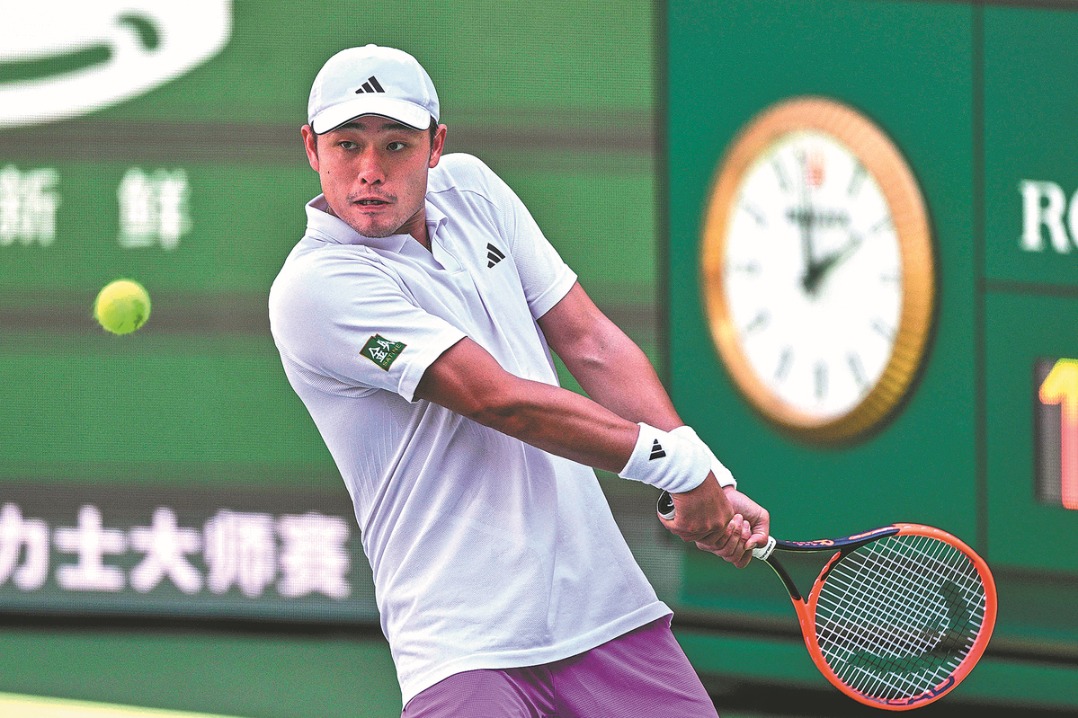Delicious dip


Editor's Note: Beijing is co-hosting the 2022 Winter Olympics and Paralympics with Zhangjiakou in Hebei province. From culture and cuisine to tourism and the arts, we take you to the attractions in these areas of North China for an unforgettable stay.
As Chinese traditions go, few things are better than sitting around a steaming hotpot while autumn and winter drape a chilly cloak over North China.
Archaeological studies support the claim that Kublai Khan, the founder of the Yuan Dynasty (1271-1368), invented mutton hotpot.
The nomads relied on mutton during warfare but in the frenzy of battle, Kublai Khan's subordinates had to make do with just dipping the meat in boiling water to cook it for him.
For a long time, only Beijing's privileged, such as the aristocracy, could get their hands on mutton hotpot. It was very popular among the royal families of the Qing Dynasty (1644-1911).
Imperial food archives record how Emperor Qianlong (1711-1799) was a true hotpot lover, indulging in the bubbling dish more than 200 times in 1789.
Among the smorgasbord of vegetables and meat spread out on the dinner table, mutton has been placed front and center.
Many diners believe mutton has the therapeutic effect of warming the body, making it an ideal food for the colder months.
Sheep are also generally fattened up after a summer of voracious eating, making them perfect for seeing meat lovers through the winter.
Many folk customs favor mutton over beef in part because cattle were once considered more important as a means of production.
Currently, the Chinese capital is home to more than 2,000 mutton hotpot restaurants, according to food-rating platform Dazhong Dianping. There are a dozen well-known hotpot brands such as Jubaoyuan, Manfulou, Yangdaye, Nanmen and Donglaishun.
Traditional Beijing instant boiled mutton is known for its simplicity, to the point that many southerners would think it bordering on tedium.
It has no mouthwatering hotpot soup base, just plain water infused with some scallion and ginger slices.































